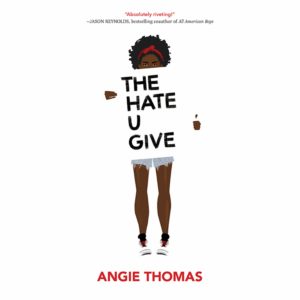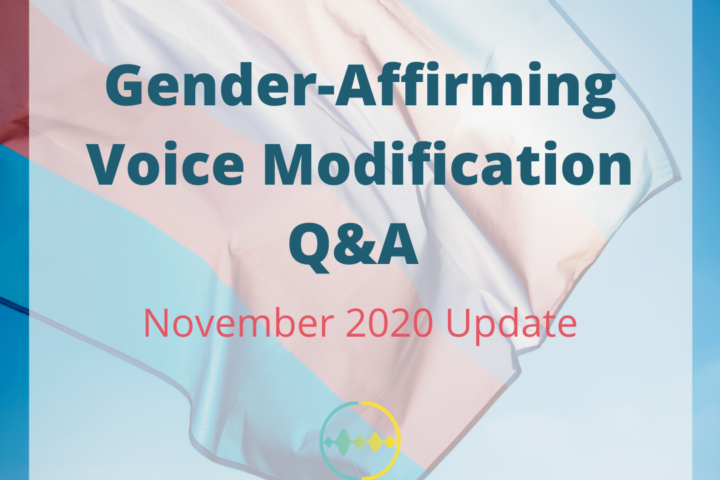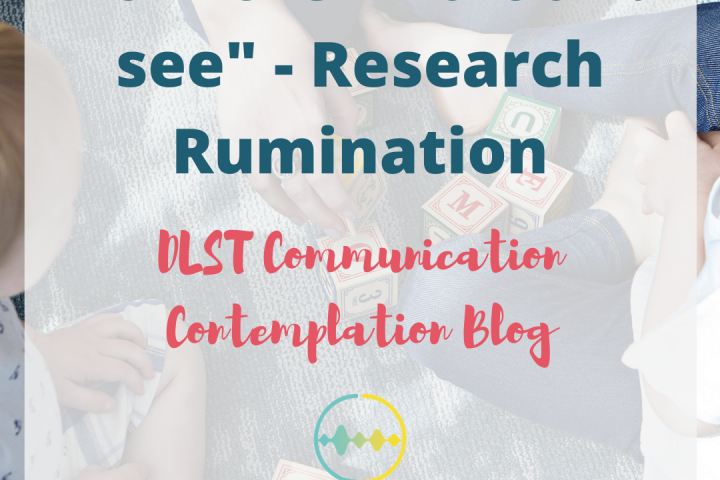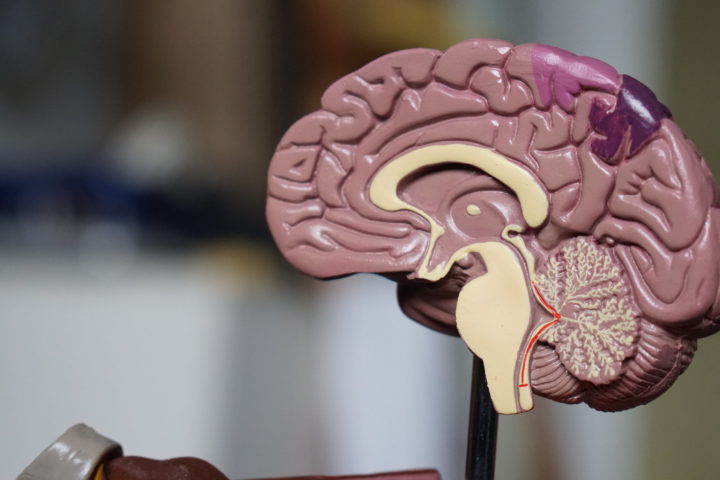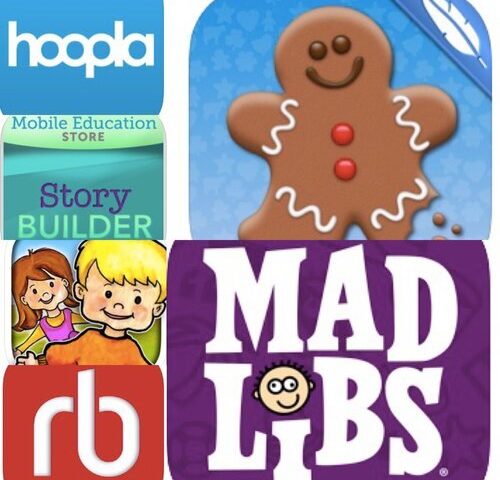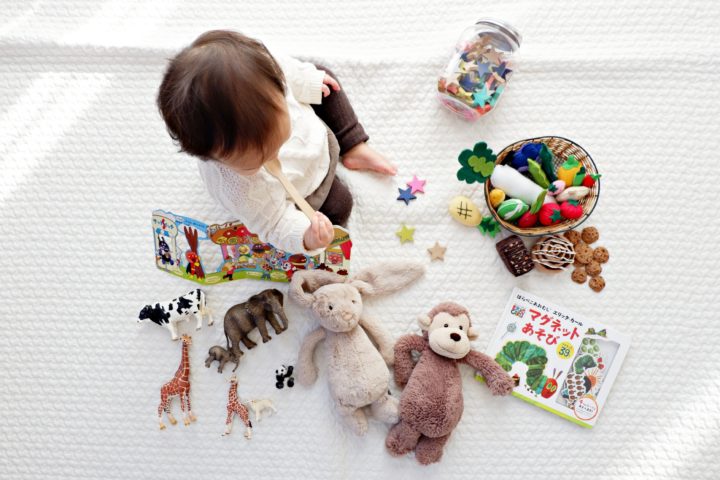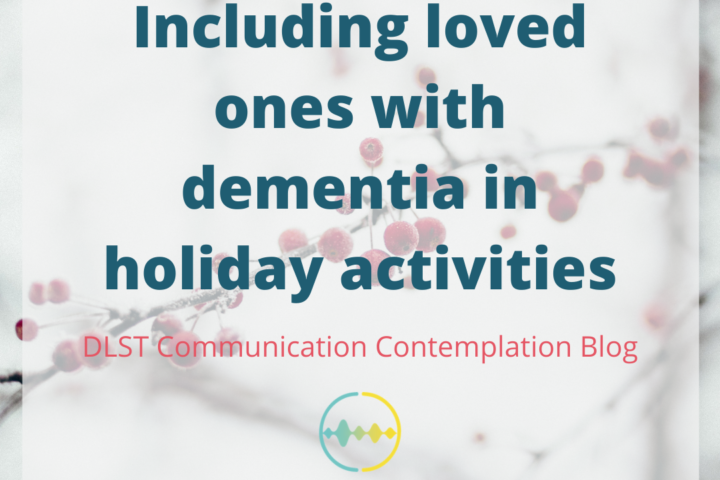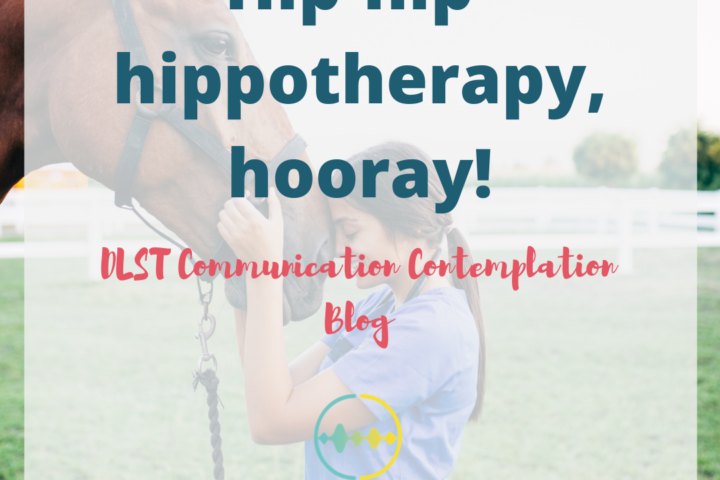We’re lucky to have Beth Kirchenberg, Middle School and Teen Librarian at River Forest Public Library, back with us for another round. Since we’re all stuck at home, it’s an excellent time to pick up a book. For your kiddos who are YA aged, Beth has provided us with the ultimate YA literature picks. I mean,...
Tag: slp
Why YA? – A librarian’s perspective, part I
It’s National Reading Month! Speech-language pathologists love books and reading as literacy is tied to language development (and vice-versa). We spend a lot of time on this page talking about picture books, but ages 0-18 have a wide span of book choices. So today, let’s celebrate a rather underrepresented sub-section of literature on this page:...
Gender-affirming voice modification Q&A continued [UPDATED 11/2020]
Following my quick Q&A video on the DLST Facebook and Instagram pages, I had even MORE questions about gender-affirming voice modification. You know I love audience participation, so I’m so happy people are asking great questions and learning more about this service. Since my video addressed the basics of voice modification, the rest of the...
No more “wait and see” – Research Rumination
Early interventions are services and supports put in place to help a child, ages birth-3, with developmental delays. These delays could be anything from cognitive to motor to speech, and can involve professionals such as occupational therapists, physical therapists, speech therapists, early interventionists, and other providers from various services depending on what is needed. You’ve probably heard this term once or twice, especially if you have or are close to young children. The theory is that the earlier interventions are put into place for a child with identified needs, the better the results. How do we know this works, though? And why is it so important?
Strokes and Communication – Aphasia
Hold on to your hats! We’re doing a crash course in communication-related problems following a stroke!
Following a stroke, a person will experience any number of difficulties and deficits, some more severe than others. Strokes can cause physical, cognitive, behavioral, and communication and swallowing issues. For the sake of time (and for the sake of my readers’ time), I’m going to stick with talking about symptoms related to communication.
Aphasia is a common language disorder that arises following a stroke. Aphasia, in the most basic sense, is an impairment in any and all areas of language - speaking, listening, reading, and writing. Depending on where the injury is in the brain, the amount of damage incurred by the stroke, and a whole host of other factors, symptoms and severity can vary.
Duncan Lake Speech Therapy 5 Favorite Apps for School-Aged Kids
Technology is here to stay, people. While it’s important to maintain some boundaries with technology (see American Academy of Pediatrics technology guidelines for young children and school-aged kids and adolescents), I’d wager that it’s next to impossible to avoid it completely. So, today, let’s lean into it.
There are a handful of apps that I use regularly in therapy, and ones that I frequently recommend to families. Today, I thought I’d share some of them with all of you. Just to be clear - there is NO APP ON THIS PLANET THAT WILL PROMOTE LANGUAGE DEVELOPMENT BY ITSELF. Just like with toys, the learning comes from the interaction with language models (AKA adults). Also, some apps are better than others. Good apps include ones that are age-appropriate, foster some sort of learning, and can include multiple people in the use of the app (no solitary play).
These apps pass the test (at least in my opinion)!
Make any toy into a language-development toy!
This time of year, SLPs are often asked about which toys are the best for language development. The magic secret (or the ultimate disappointment?) is that no such toy actually exists. In fact, the language development doesn’t even come from the toy. It comes from the interaction the child has with their playmates! As a result, any toy can become one that can be used to enrich speaking skills when certain strategies are used. While this list is not comprehensive by any means, here are a few ideas you can use during play to give your kiddos a language boost.
Including loved ones with dementia in holiday activities
Research tells us that, when given meaningful activities in which they can participate, individuals with dementia are more cognitively stimulated. Meaningful activities also help to alleviate anxiety and depression, and promote positive social interactions. All of these factors lead to an improved quality of life for the individual with dementia and, as a result, their caregivers.
Hip-hip-hippotherapy, hooray!
One form of animal-assisted therapy that is often cited is hippotherapy. Hippotherapy involves speech, occupational, physical, or behavioral therapy that is based on the movements of a horse (hippo is the Greek word for horse). Hippotherapy isn’t centered on the horse itself, but rather the movement of the horse’s gait. The idea behind the therapy is that by manipulating the horse’s movement, the recipient of the therapy activates their neurological, cognitive, sensory, and motor cortices.
Ear infections and language development: Research Rumination
Raise your hand if you had ear infections when you were little! How many of you had tubes in your ears when you were a kid (or, in the case of one of my recent co-workers, AN ADULT)? Ear infections, or otitis media (OM), are super common. 5 out of 6 kids get one by the time they’re 3. Sometimes, kiddos get them a lot. Like…a lot, a lot.
What is the impact of recurrent ear infections on language development? Well, we’ve got a Research Rumination coming in hot from Australia this week that’s going to tell us all about this. Winskel (2006) wanted to investigate specific language skills and how early, recurrent OM impacted these skills later in childhood in this study. Let’s go!

